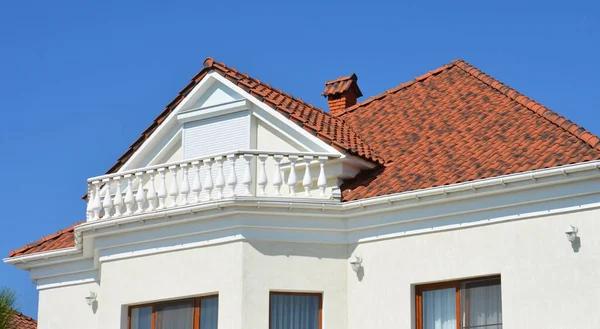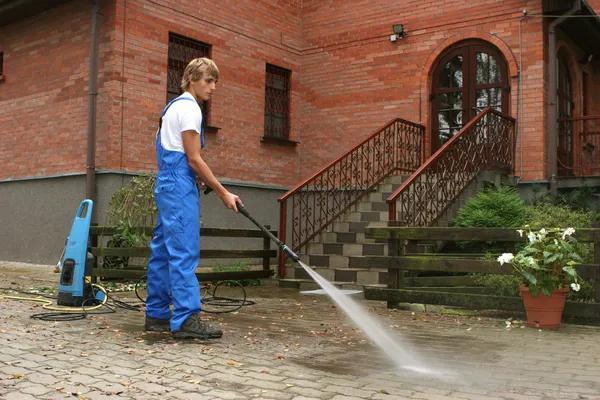Roof Flashing and Sealing: Crucial Aspects of Roof Replacement & Installing
Roof flashing and sealing are critical aspects of roof replacement and installation that homeowners should understand. These components play a significant role in maintaining the integrity, durability, and lifespan of your roof.
Roof flashing is a thin material usually made from galvanized steel or aluminum that directs water away from critical areas of the roof where it could potentially cause damage. For instance, it’s commonly installed around chimneys, skylights, vents, valleys between slopes, and along the edges of flat roofs to prevent leaks. Without proper flashing in these vulnerable areas, water can seep into your home causing significant damage over time.
One common type of roof flashing is step flashing which is used where a vertical surface meets a sloped part of the roof like at dormers or chimneys. Each piece overlaps the one below it by about 2 inches so that any water running down gets directed out onto the shingles instead of getting behind them. Another type called valley flashing protects one of the most leak-prone areas on any roof: where two slopes meet.
On top of flashings being correctly installed during roofing company jacksonville projects, they also need regular maintenance to ensure their effectiveness isn’t compromised over time due to exposure to harsh weather conditions such as heavy rainstorms or snowfalls.
Sealing is another vital aspect when replacing or installing a new roof because it provides an extra layer of protection against moisture infiltration. Sealants are typically applied around penetrations like vent pipes and chimneys as well as at joints where different sections or materials come together.
There are many types of sealants available on the market today with varying levels of elasticity and longevity but all serve to fill gaps and create watertight barriers preventing leaks from occurring inside your home.
Moreover, some shingles come with adhesive strips on their underside which when activated by heat from sunlight forms a tight seal helping resist wind uplift while also adding another level against possible moisture intrusion through nail holes.
In conclusion, roof flashing and sealing are crucial aspects of any roof replacement or installation project. They work together to effectively channel water away from your home’s structure, preventing costly damage and ensuring the longevity of your roofing system. By understanding their importance, homeowners can make informed decisions when hiring a roofing contractor or conducting routine maintenance checks on their roofs. It’s always wise to invest in high-quality materials and skilled professionals for these tasks as they significantly impact the overall performance and lifespan of your roof.
ARICA Roofing & Construction, LLC
3983 Kaden Dr E, Jacksonville, FL 32277
904-650-3620





